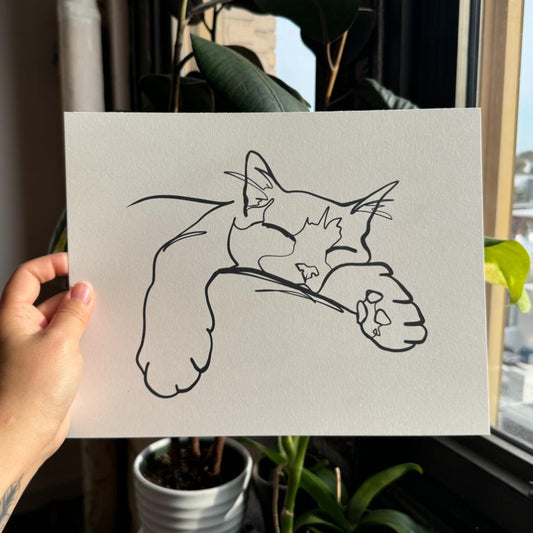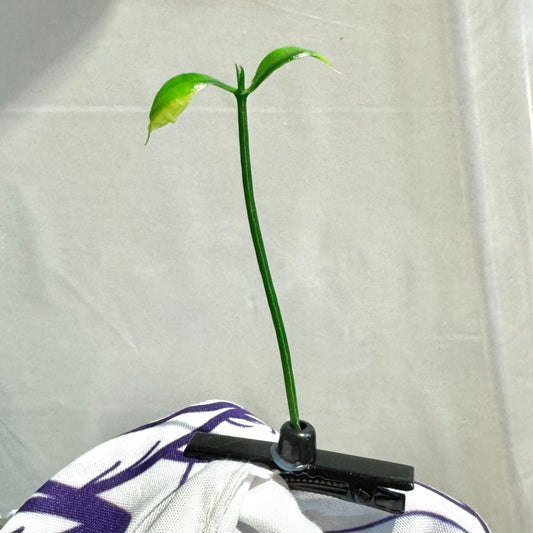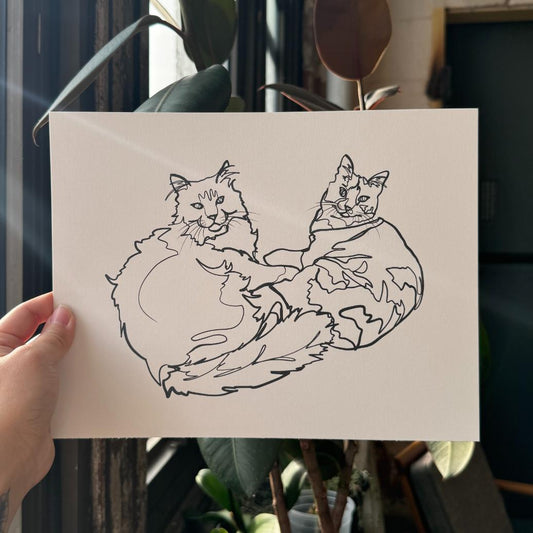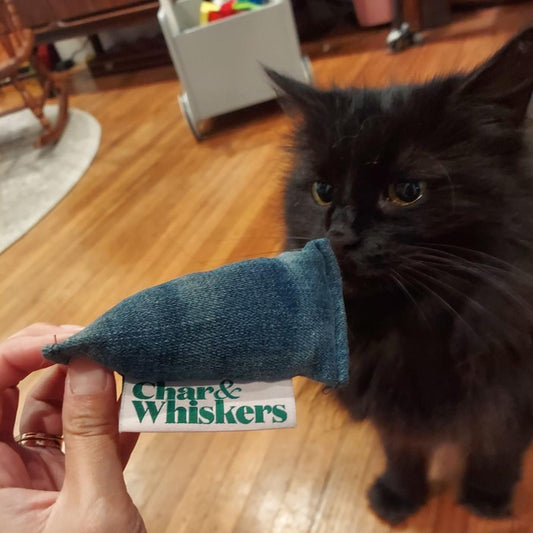
Dogs Licking Their Paws: Understanding This Common Canine Habit
Celeste ZosimoMost of us don't pay much attention when we see our dogs licking their paws, after all, it's a part of their self-grooming. But when you see them a bit distressed and overdoing it, it may be time to do something. Let's look at why dogs lick their paws and what we can do about it.
Understanding Doggo Behavior

One of the best ways to deepen our bond with our furry companions is to understand their behaviors, including paw licking. Doggos communicate through their instincts and actions. If we see them chase a squirrel, it is because of their natural predatory drive. Additionally, they bark at strangers to protect their pack leader (you!).
With that said, excessive paw licking may be an indication of something beyond instincts and actions. It may be any of the following reasons, so read on.
Why Dogs are Licking Their Paws
The following are the most common reasons why dogs are licking their paws:
They Have Pain or Irritation
Your pup may be licking its paws because it is experiencing pain and/or irritation, more so if its licking is limited to one paw. If it is, the source of the pain is most likely that exact paw. It can be caused by a number of culprits including thorns, insect bites, minor cuts and scrapes, embedded glass, broken nails, and many others.
They are Allergic

Just like hoomans, dogs can experience allergies, too. These allergic reactions are typically caused by one of three factors: flea allergens, food allergens, or environmental allergens. Any one of these can cause their paws to become itchy and uncomfortable. They will sometimes bite and chew, aside from licking.
They Have Gastrointestinal Issues
It could be that your dog is constantly licking its paws because of an upset stomach. Studies show that your doggo's gastrointestinal tract contains around 70% of their immune system. This means that if your dog has an unhealthy gut, chances are their skin may not, too. Excessive paw licking may be a sign that your pup is suffering from gastrointestinal issues.
They are Bored
Sometimes, dogs will do anything to alleviate boredom. They will lick, bite, or chew their paws to occupy their minds, especially when they spend most of their time inside a crate or alone in the house. Try to give them toys and activities that can stimulate and engage their minds.
They are Anxious
Sometimes, paw licking can be compared to a hooman biting their nails. It stems from a nervous behavior that can be difficult to recognize in some dogs. If you want to rule this reason out, consider going to an animal behaviorist and having them check your pup.
They Have Displacement Behavior
Excessive paw licking may be a sign of displacement behavior. This happens when your furry friend faces a conflict and will show out-of-context behaviors totally unrelated to the current situation. They feel stressed and unsure of how to proceed in that particular situation.
There is a Hormonal Imbalance

Hormonal imbalance can also significantly affect your doggo's excessive paw licking. This can mean their body produces too much cortisol or insufficient thyroid hormones. These can increase their susceptibility to developing skin issues that may be the reason for their licking. However, this is less common than other causes.
They Suffer from Dry Skin
While excessive paw licking can be from dry skin, it is most often a breed-specific issue. Hairless breeds are often prone to this, making them lick their paws constantly. Dry weather and over-bathing can also cause dry skin.
They Have Fleas and Ticks
Infections from parasites such as fleas and ticks can be a major cause for your dog's paws to become very itchy. Mosquitoes, dust mites, and spiders can also cause them to lick their paws. Getting rid of these pests or reducing their exposure to them can help alleviate the itching and paw licking.
They Have Yeast Infection
Bacteria or yeast infections can also cause your dog to lick their paws excessively. Their paws are a common spot for these and other secondary infections that trigger biting and licking. It can occur on one or all four paws and the affected paws are usually red, hairless, and swollen. This can be treated by a switch of diet or antibiotics, so make sure to visit your vet for the right treatment.
When to Worry
Occasional paw licking is normal behavior for dogs, especially when grooming. However, it can indicate an underlying issue when they do it constantly. Below is a list of when you need to worry:

Frequency and duration: If your dog licks its paws excessively and persistently, lasting for extended periods.
Severity: If you see signs of irritation such as redness, hair loss, or swelling around their paw pads.
Accompanying symptoms: If the licking coincides with limping, chewing at the paws, or unusual behavior.
Sudden behavioral changes: If your pup wasn't a paw licker before and suddenly develops the habit, you need to have them checked.
If you notice one or two of these red flags, consult your veterinarian immediately. They can rule out allergies, infections, or injuries. They can also ensure that your furbaby gets the proper treatment.
A Few Preventive Measures

Below are a few tips you can follow to prevent your dog from excessive paw licking:
Regular paw maintenance: Gently wipe or clean your dog's paws after going outside to remove dirt. allergens, or irritants. Inspect them to see any injuries or other signs of irritation.
Manage allergies: If you confirm that their paw licking is from allergies, consult your vet for allergy management strategies such as giving them hypoallergenic food or medication.
Bust their boredom: Give them plenty of mental and physical stimulation such as regular exercise, interactive toys, and puzzle games.
Keep parasites away: Maintain a regular deworming and flea/tick prevention schedule to prevent parasite infestations.
Soothe the itch: depending on the results of your vet checkup, you may need to give your dog medicated sprays or shampoos to soothe their irritated skin and stop licking.
E-collar: Your dog may need to wear an e-collar to prevent further licking and give the paws time to heal.
Address behavioral issues: If your dog is anxious. an animal behaviorist is your best bet. Consult them or your vet for strategies to manage their anxiety.



